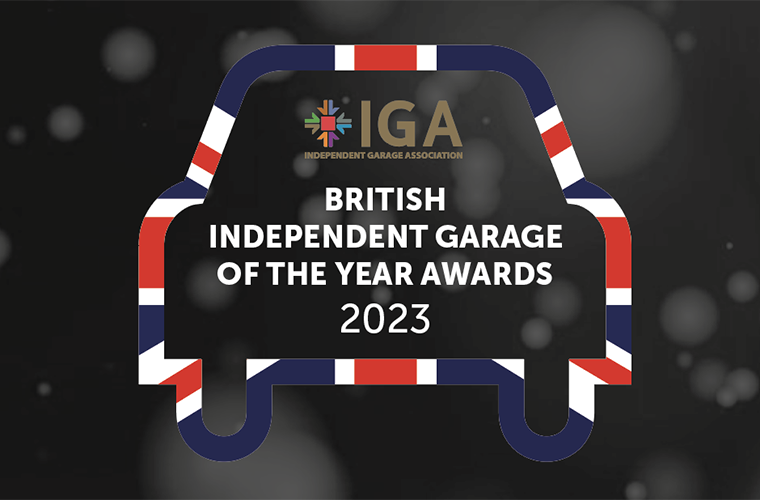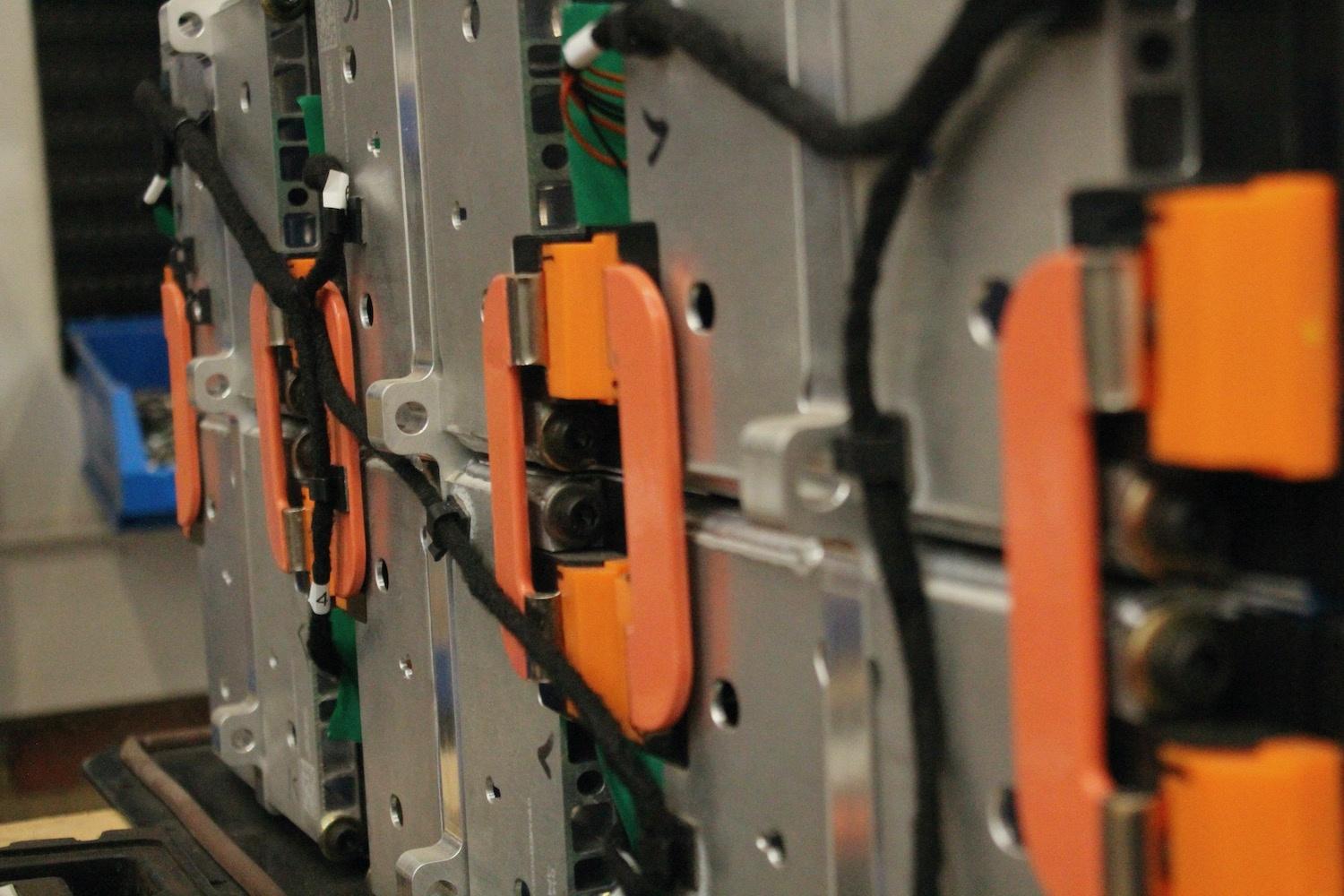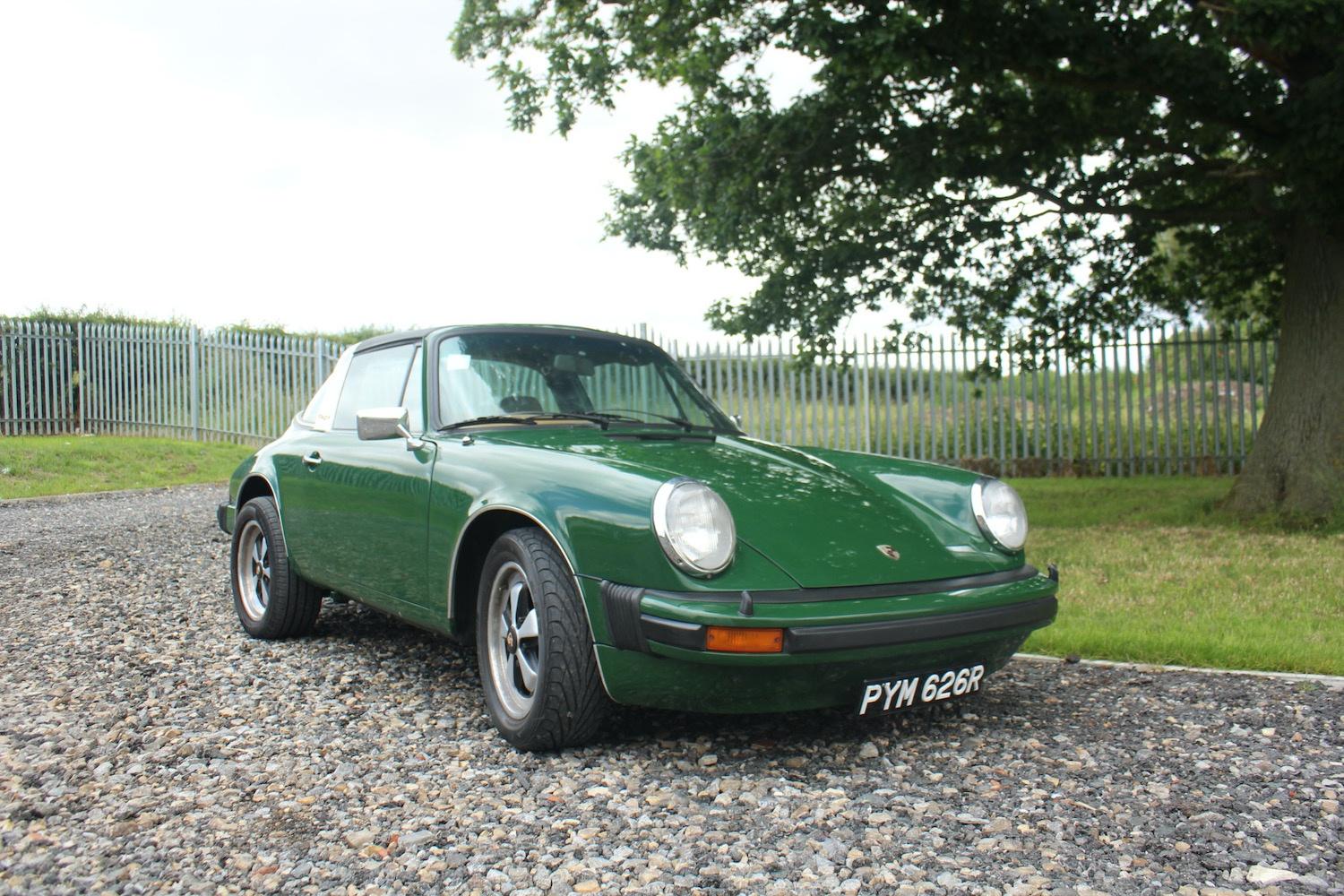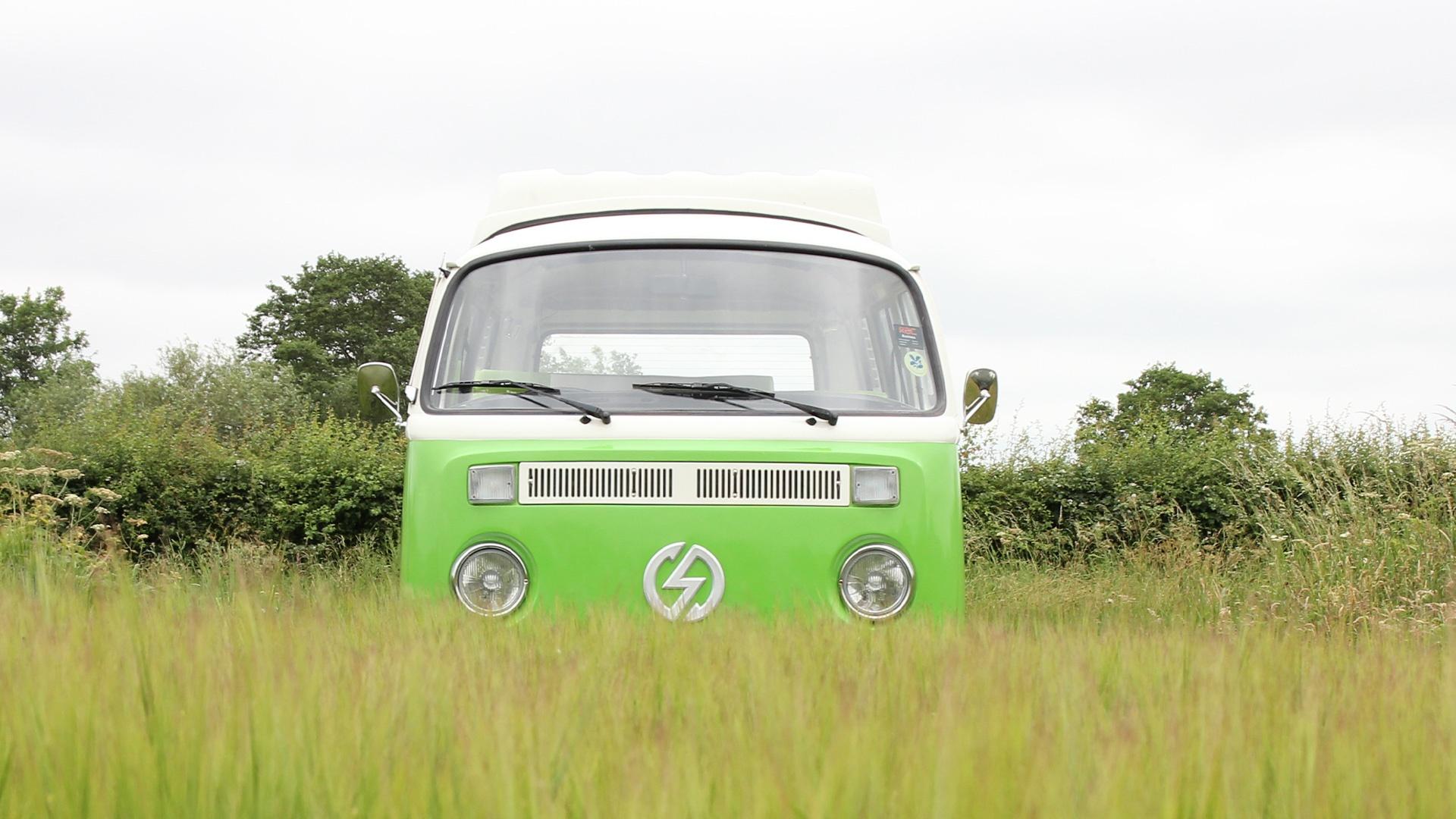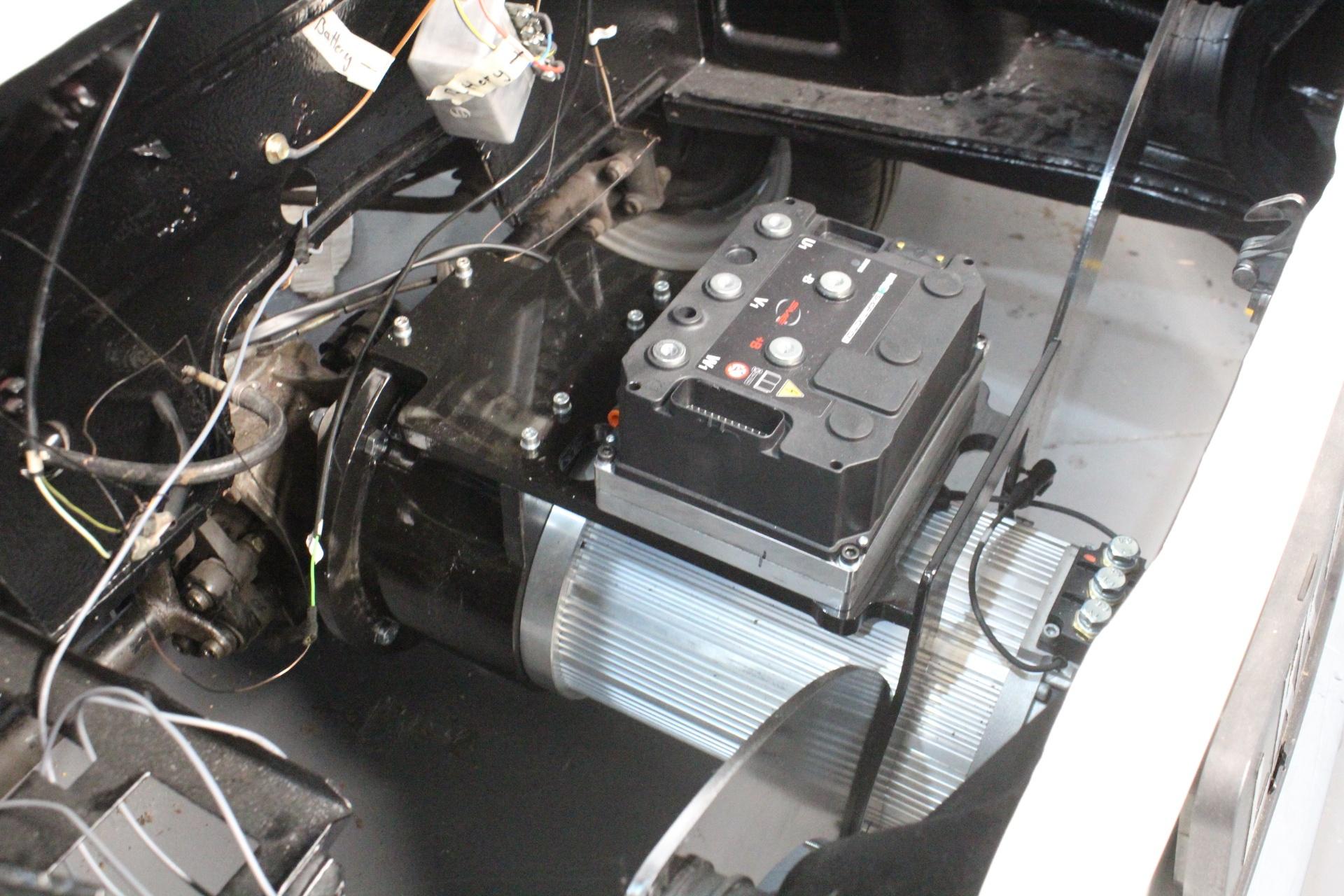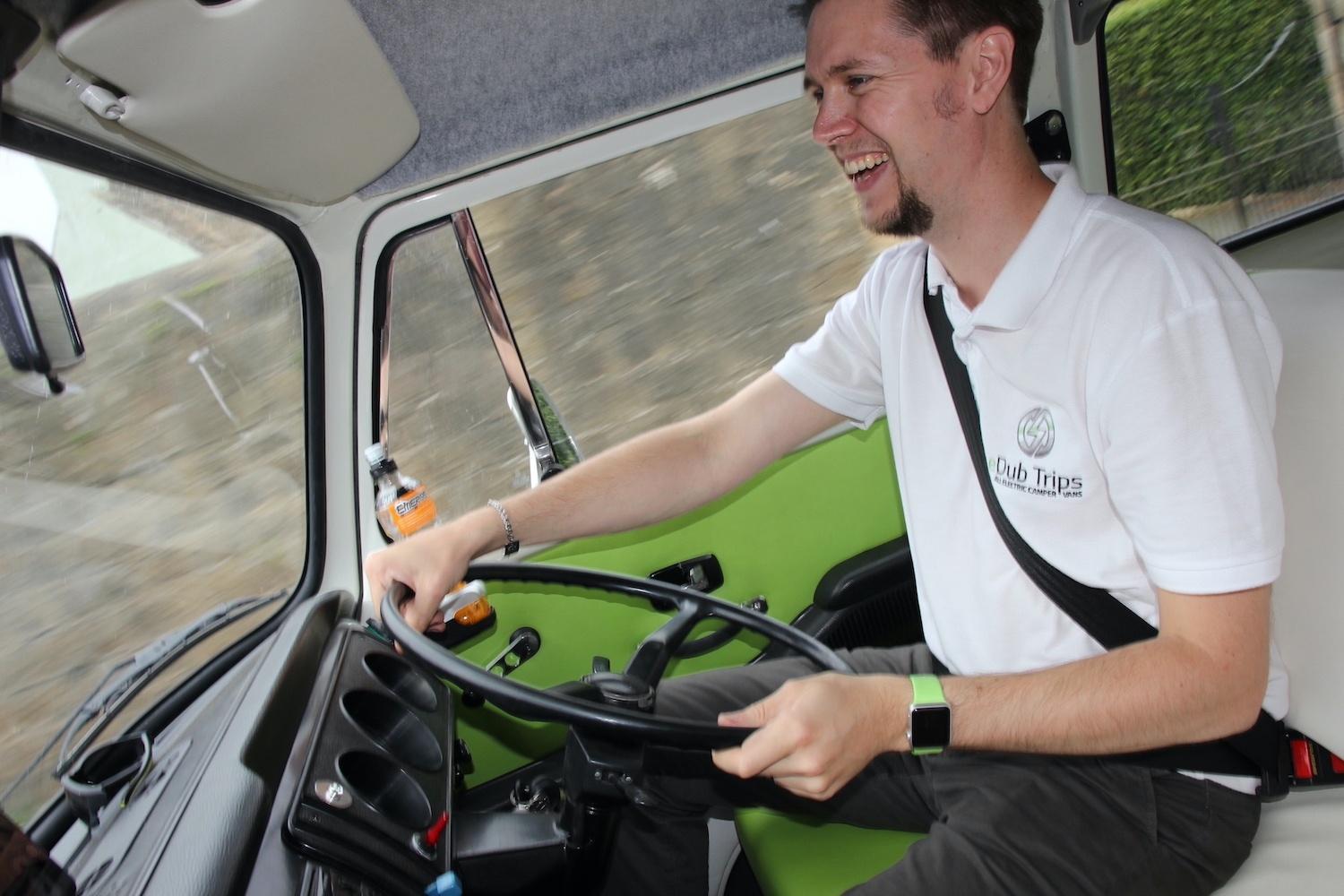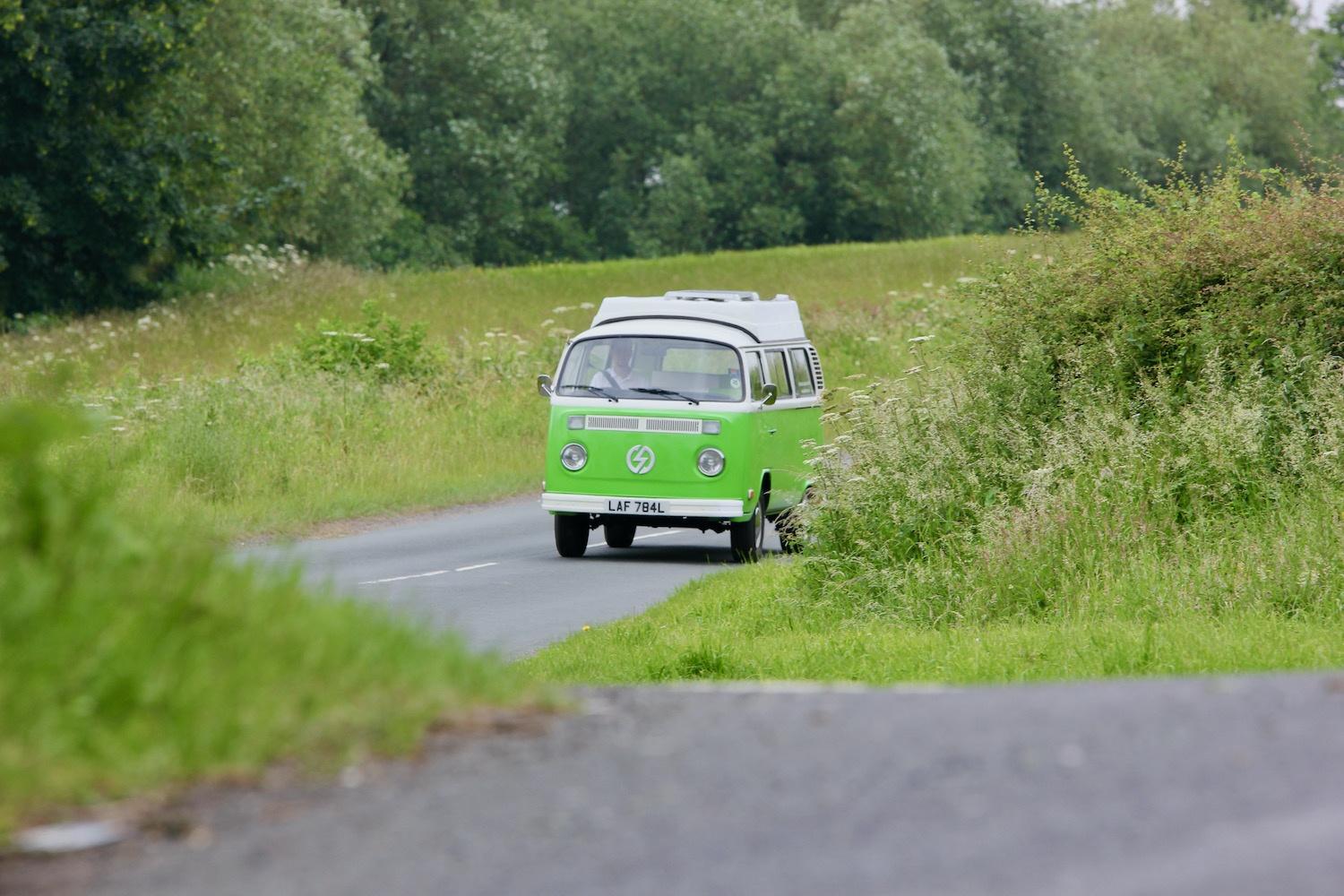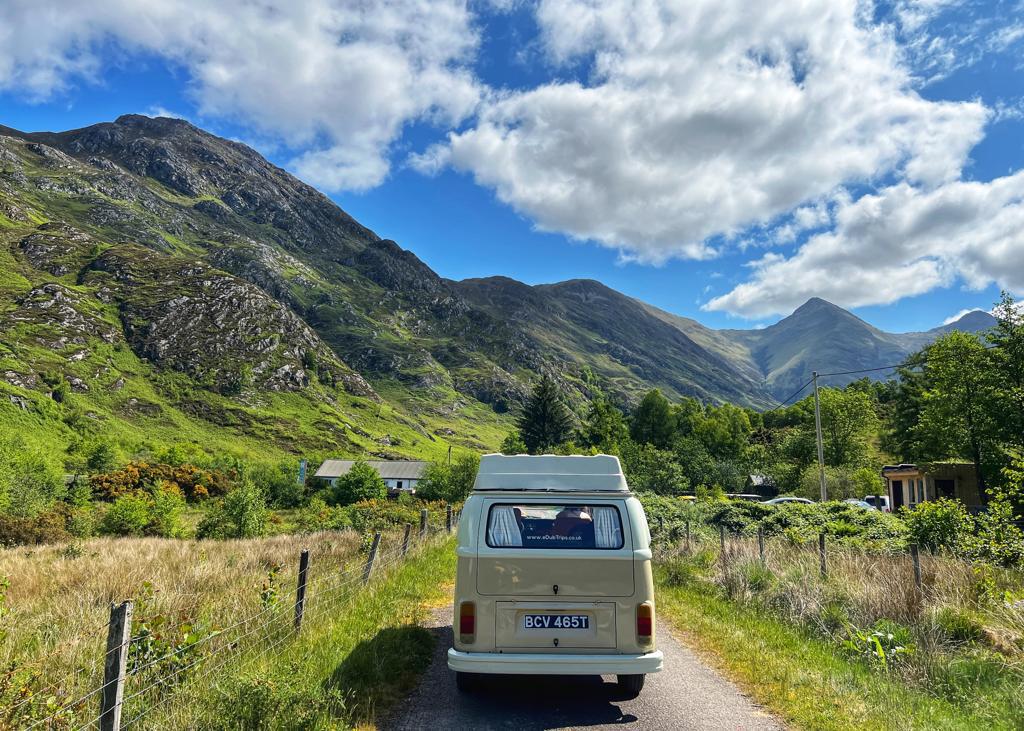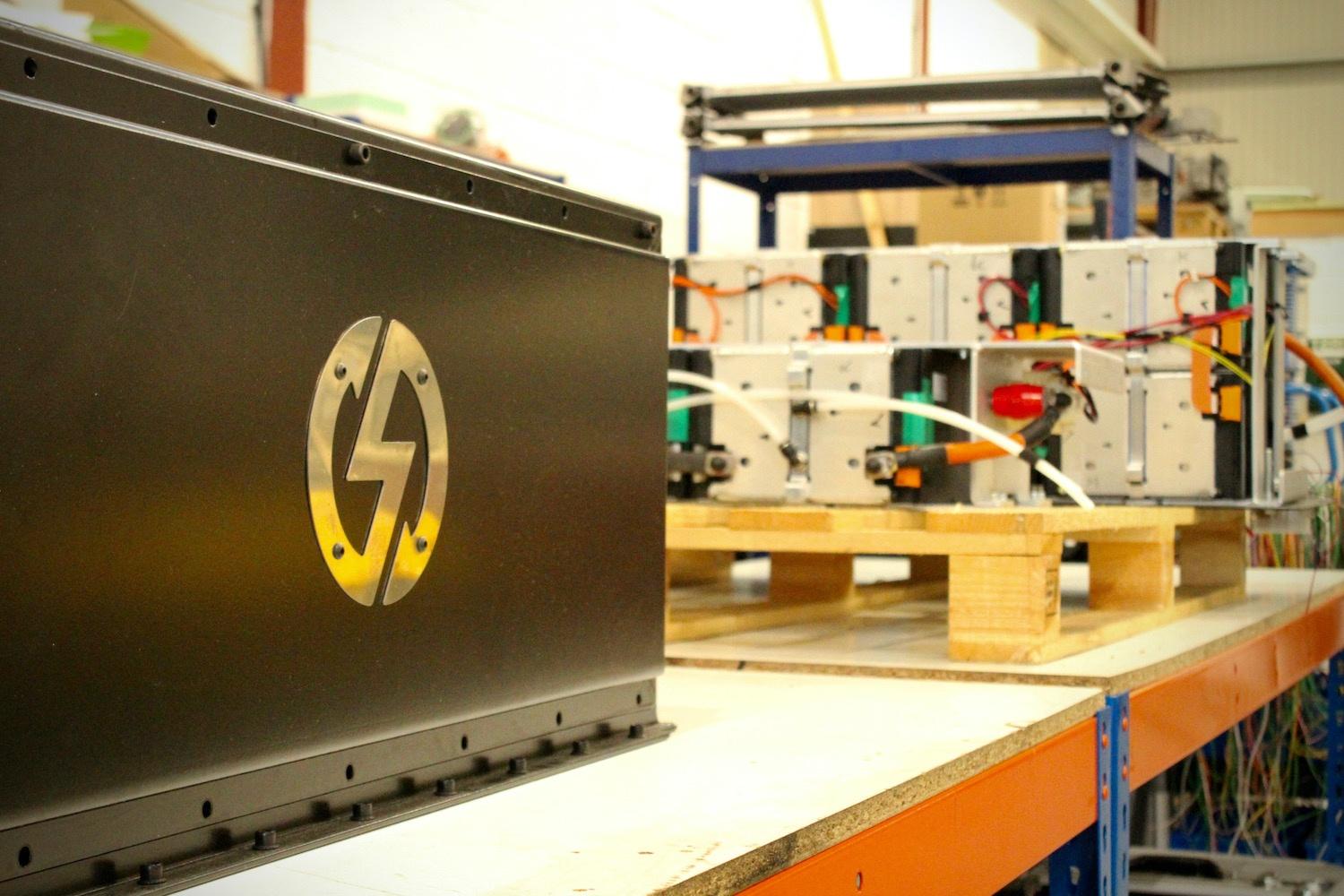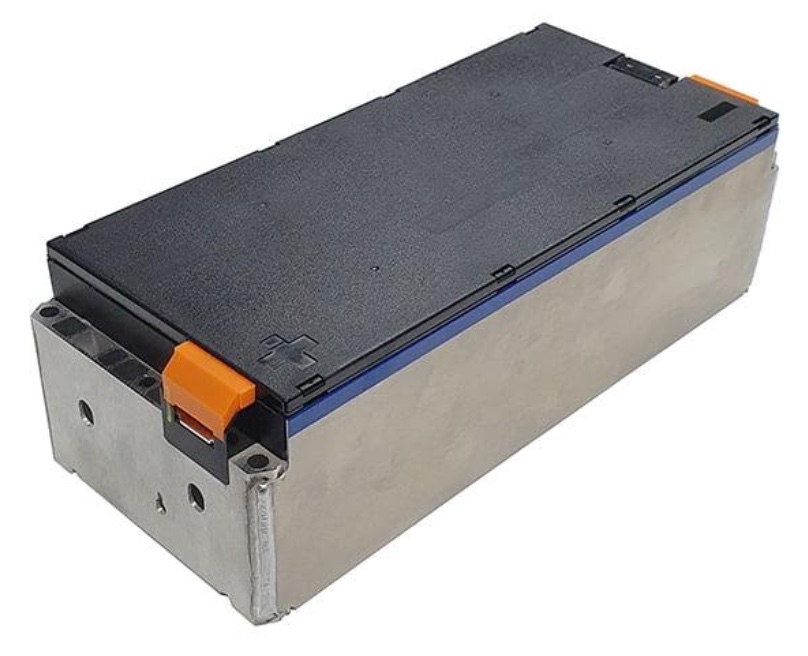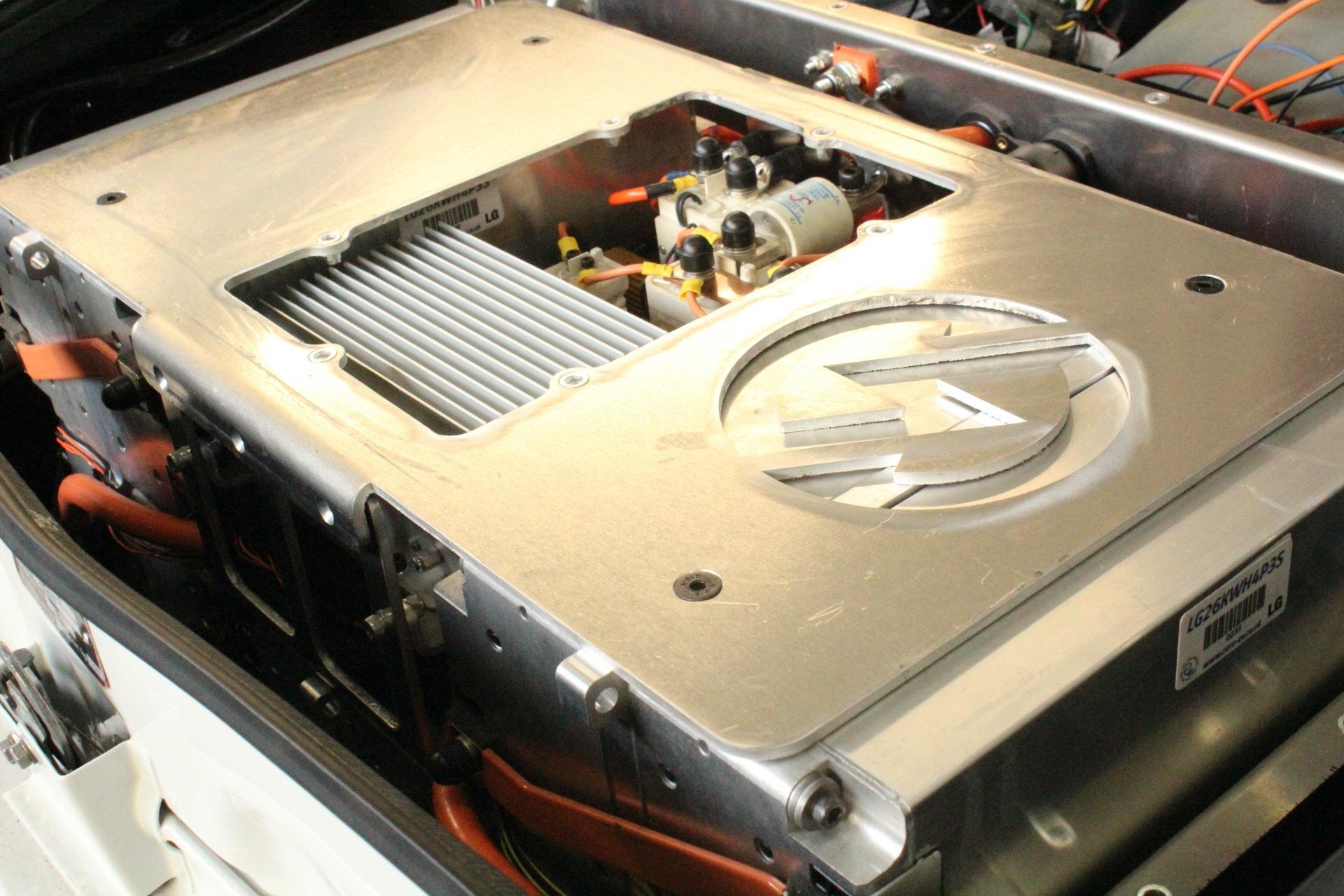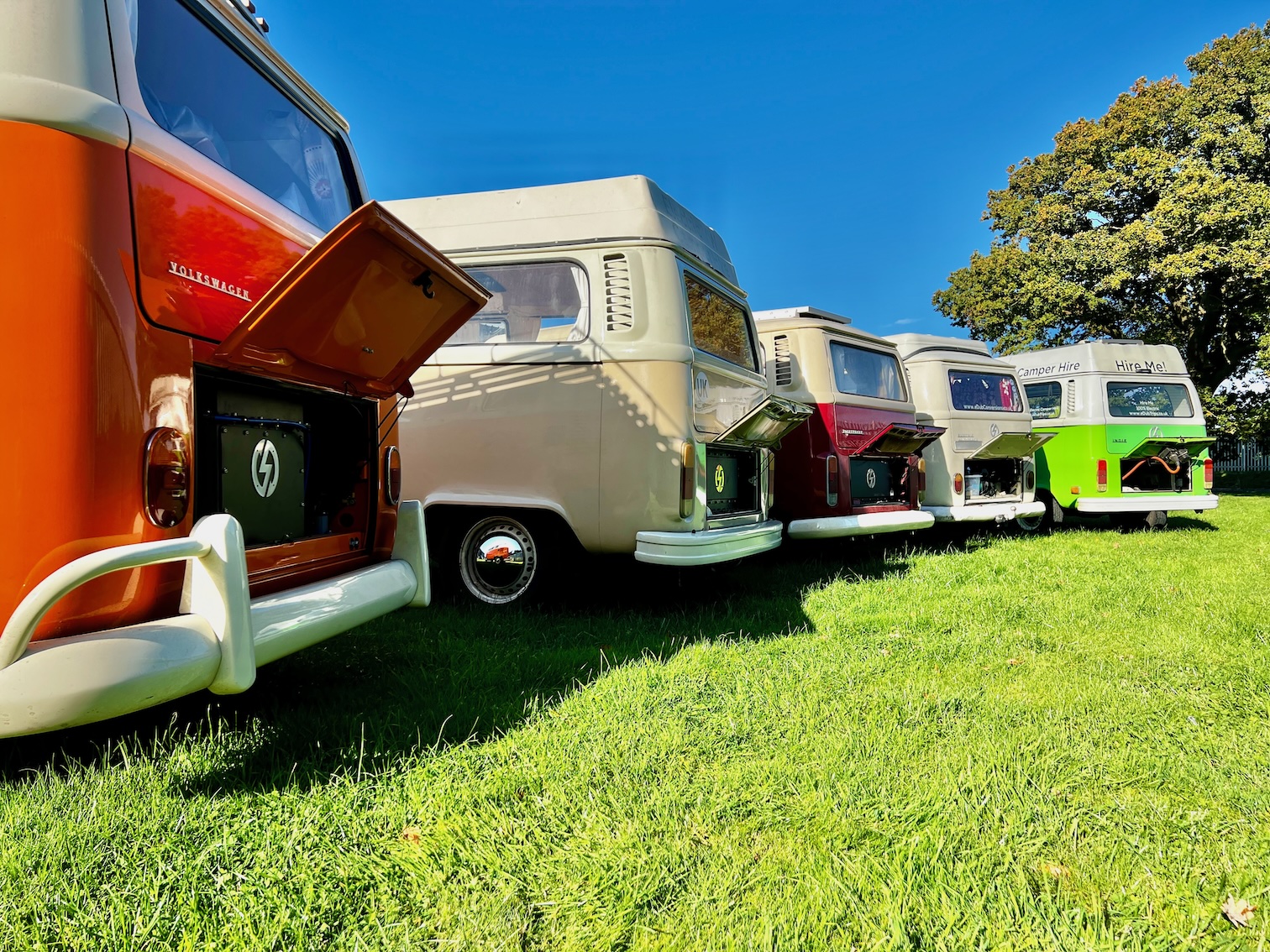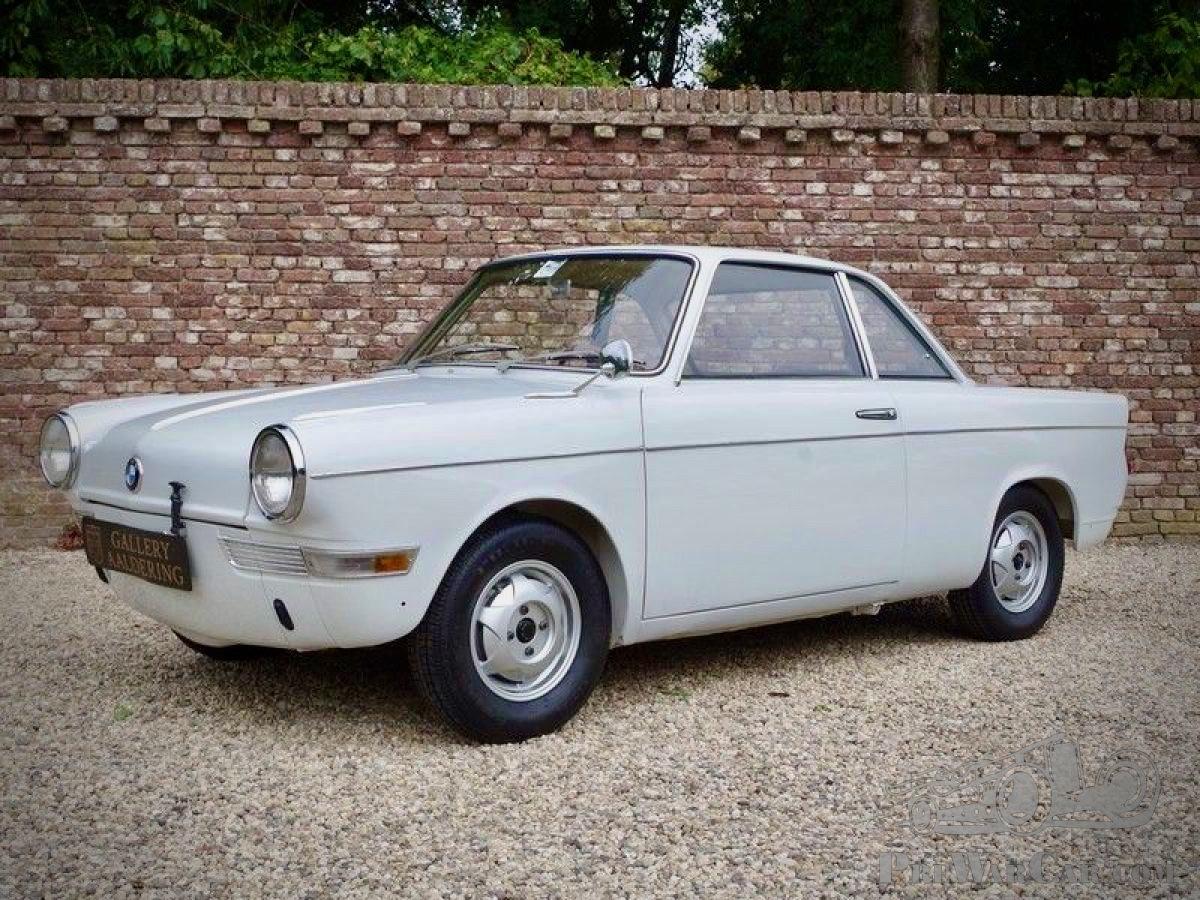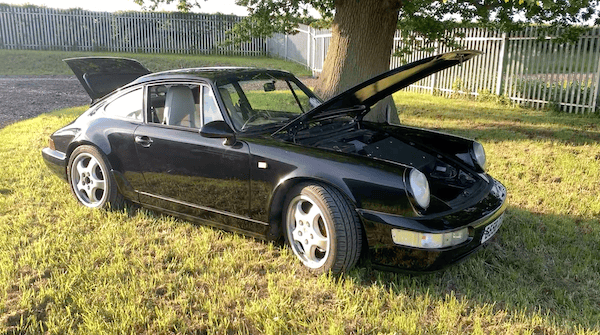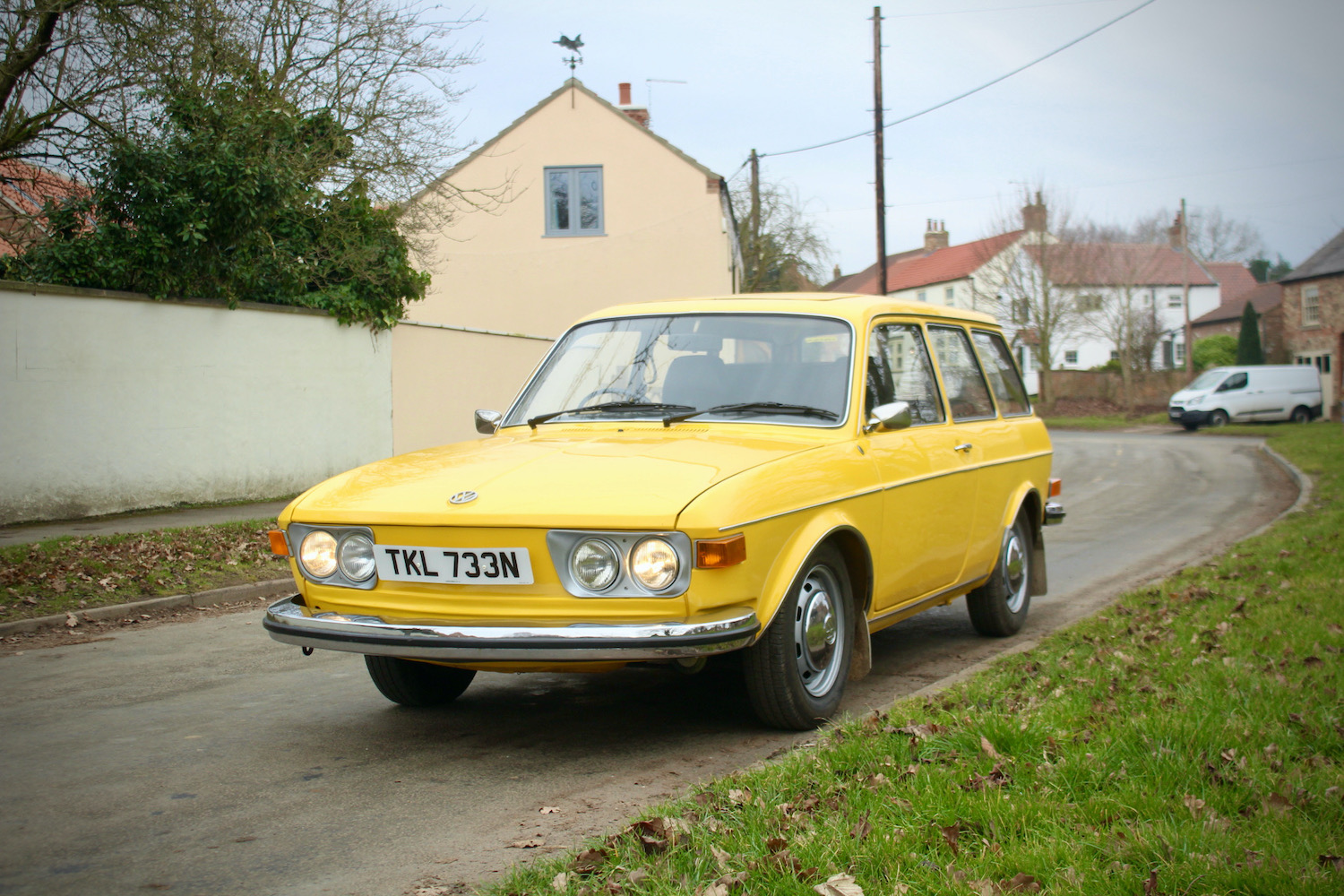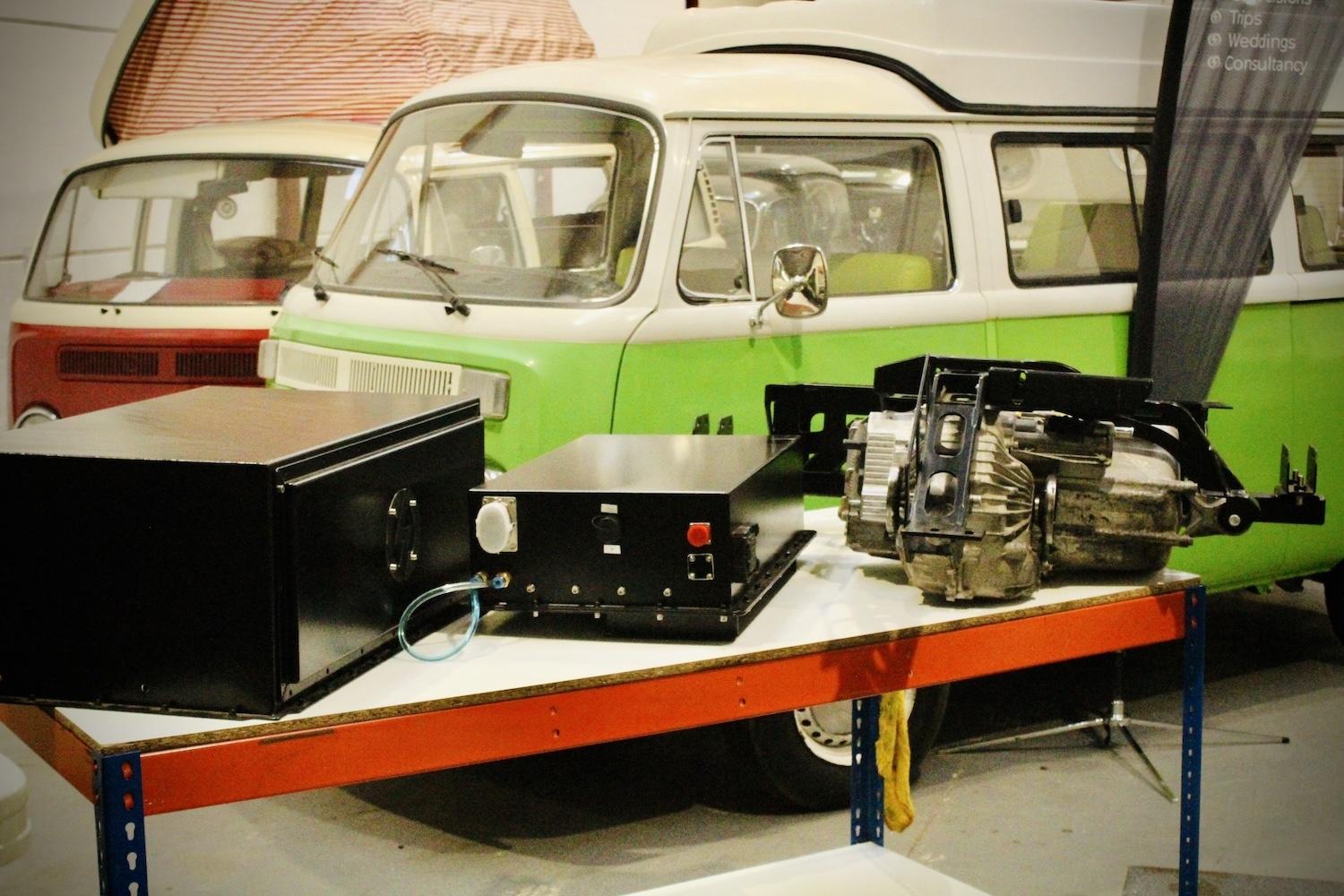How long does an Electric Conversion take?
How long does an Electric Conversion take?
At eDub, we are asked questions all about the process of converting your classic car to electric power.
And one of our most common questions is how long does a conversion process take?
Depending on if the conversion is simply an electric conversion or if there is additional restoration work that needs doing as well, the answer to this question can vary. We normally recommend that since the conversion is taking quite a lot of time, if there is other restoration work that needs to be done, you might as well get them looked at at the same time. Other things like upgrading brakes and suspension aren’t necessary for the conversion, but again, if the van is reasonably old or hasn’t had those looked at in several years. It’s a good opportunity while the vehicle is in the workshop to get those sorted out at the same time. Those all add to the workload.
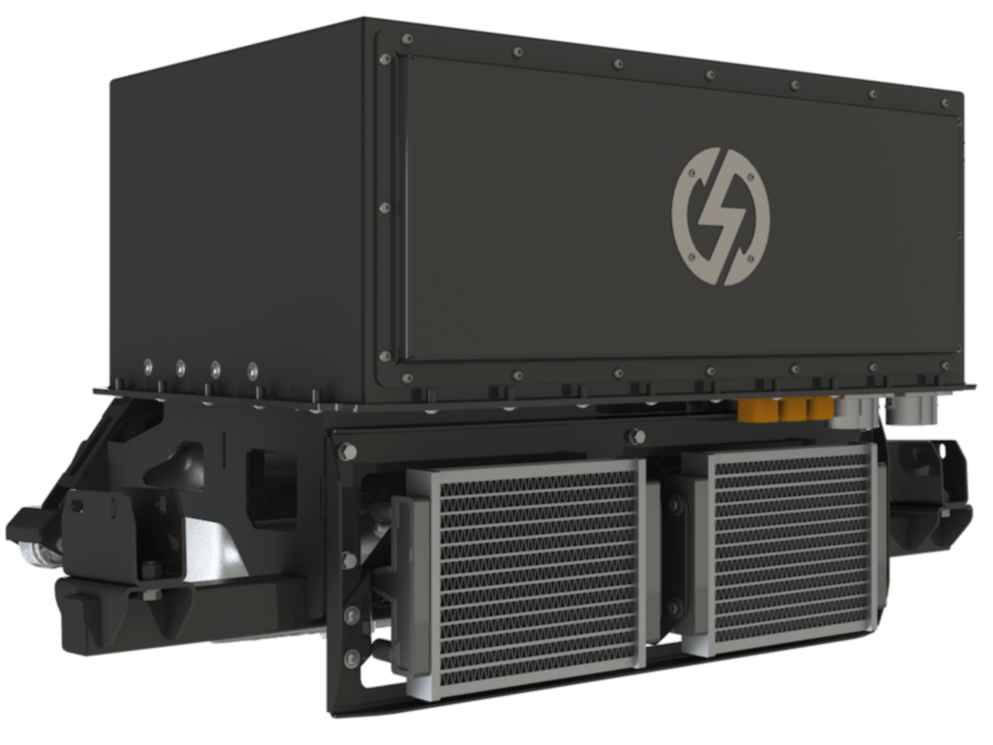
We run a very efficient workshop, but we are always at the mercy of supply. If the electric conversion is one that we’ve done before, that also speeds up a lot of the process we tend to add anywhere from 3 to 6 extra months for us to do a conversion that’s new to us. That’s simply the time it takes for our design team to look at the vehicle, measure it on site, and then the process is to create several designs. Most of them are assembled and tested in the vehicle, then sent away for adjustment until we are happy with the perfect fit. It's not just about making sure it fits in the space in the vehicle, but also making sure that it doesn’t catch on any of the smaller parts, like brake hoses or suspension. Normally our kits are in an area of the vehicle where the wheels are moving and the suspension is activating, so we need to make sure the kit is safe to be installed in vehicles in the air but also safer to be under a full load so these are the main things that add a lot of time.
We’ve also had issues in the last couple of years as all auto manufacturers have had issues with supply of parts, so certain components will become in constraint, and unfortunately, because of the size of our business, we are not at the top of the list when it comes to purchasing things like chargers, battery management systems, or rapid charging systems. So we do our best to hold stock in the building, and we have a lot of connections throughout the world to get parts as quickly and efficiently as possible. I would argue that we have as streamlined as possible a system in the UK at the present time, but those are the main reasons that can extend a conversion time.
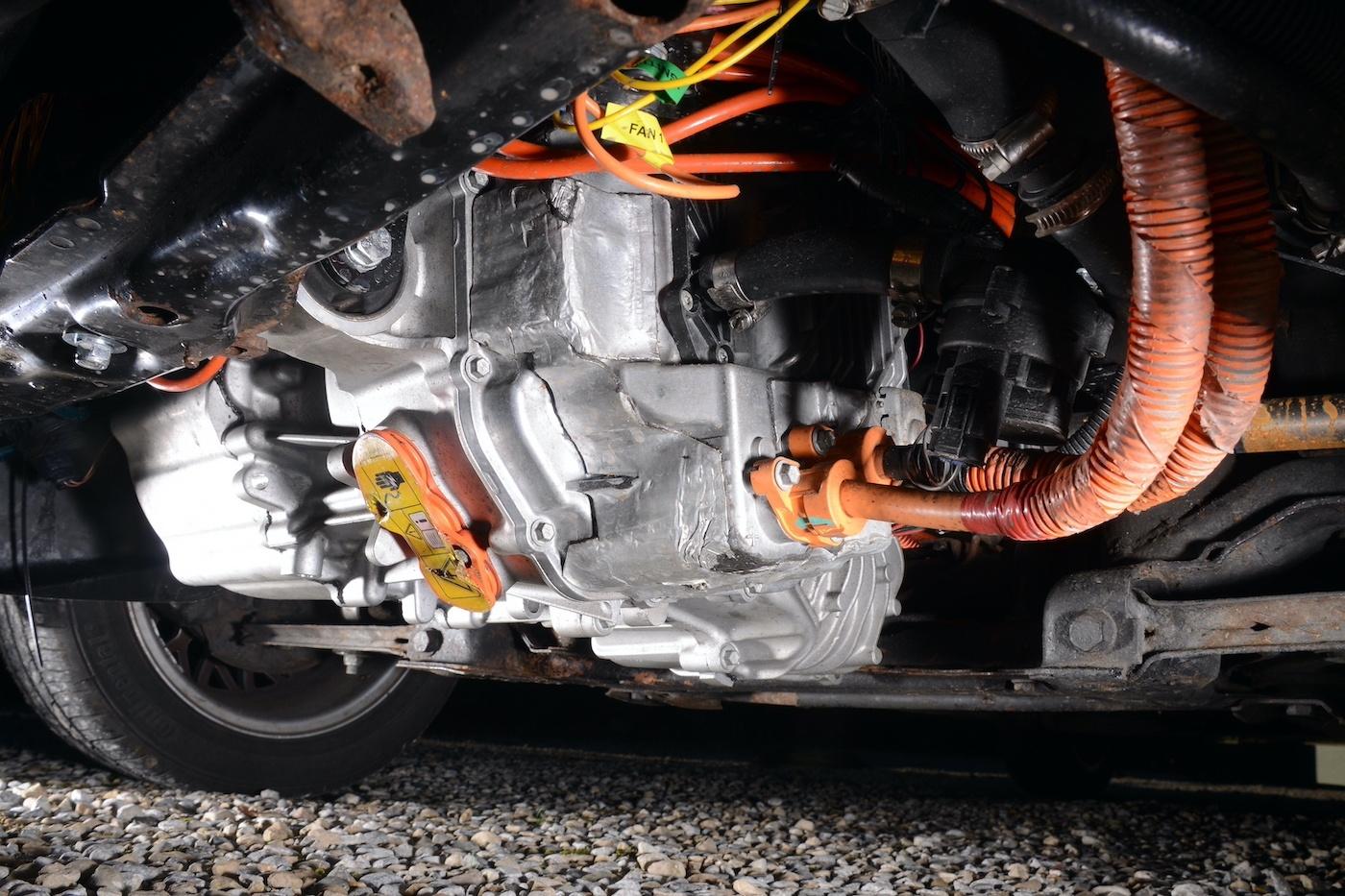
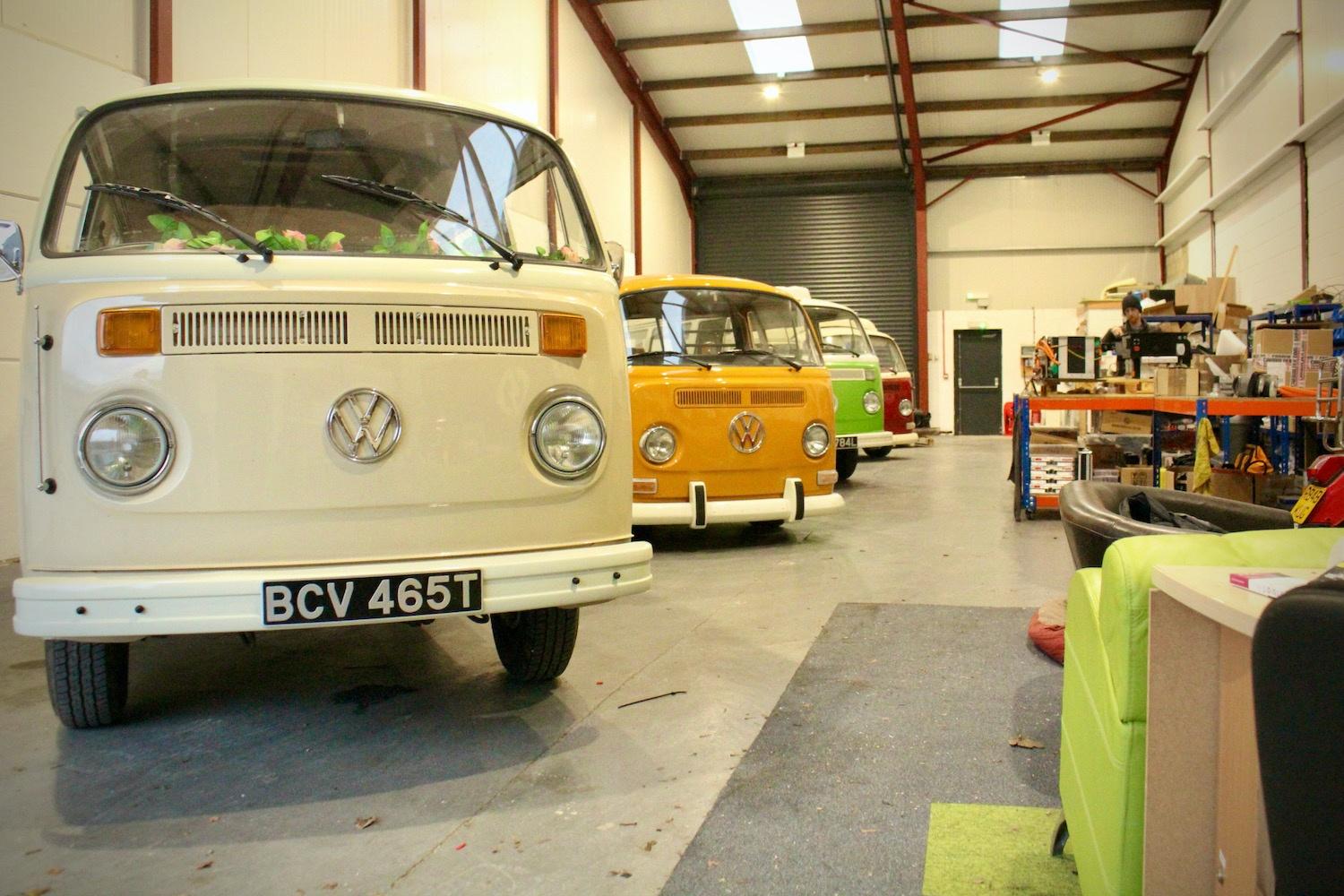
The way that our booking systems work is that once you’re ready to go with your conversion, we will take a £2500 deposit, which will secure your build in the queue. We will then contact you when the build is coming up in the workshop to book your vehicle when we get it to us. If it’s a new vehicle that we haven’t done before, then we will start the design process. If it’s one we’ve done before, then we will get straight on with ordering the components, and again, if it’s a simple conversion as we did before, then we estimate around three months to buy in the kits, convert them, and change them over. In reality, this could all be done a lot quicker, assuming that everything goes according to plan.
The nature of the market is that we can never guarantee that or hold ourselves to certain dates. Therefore, we recommend that if you’re considering a conversion, you look at maybe a time of year when the vehicle won’t be used as much. A lot of our customers tend to book their conversions in the summertime so that when autumn comes around, they’ve got their space in the queue so that instead of the vehicle going into storage over winter, it can instead come for conversion ready for the following year.
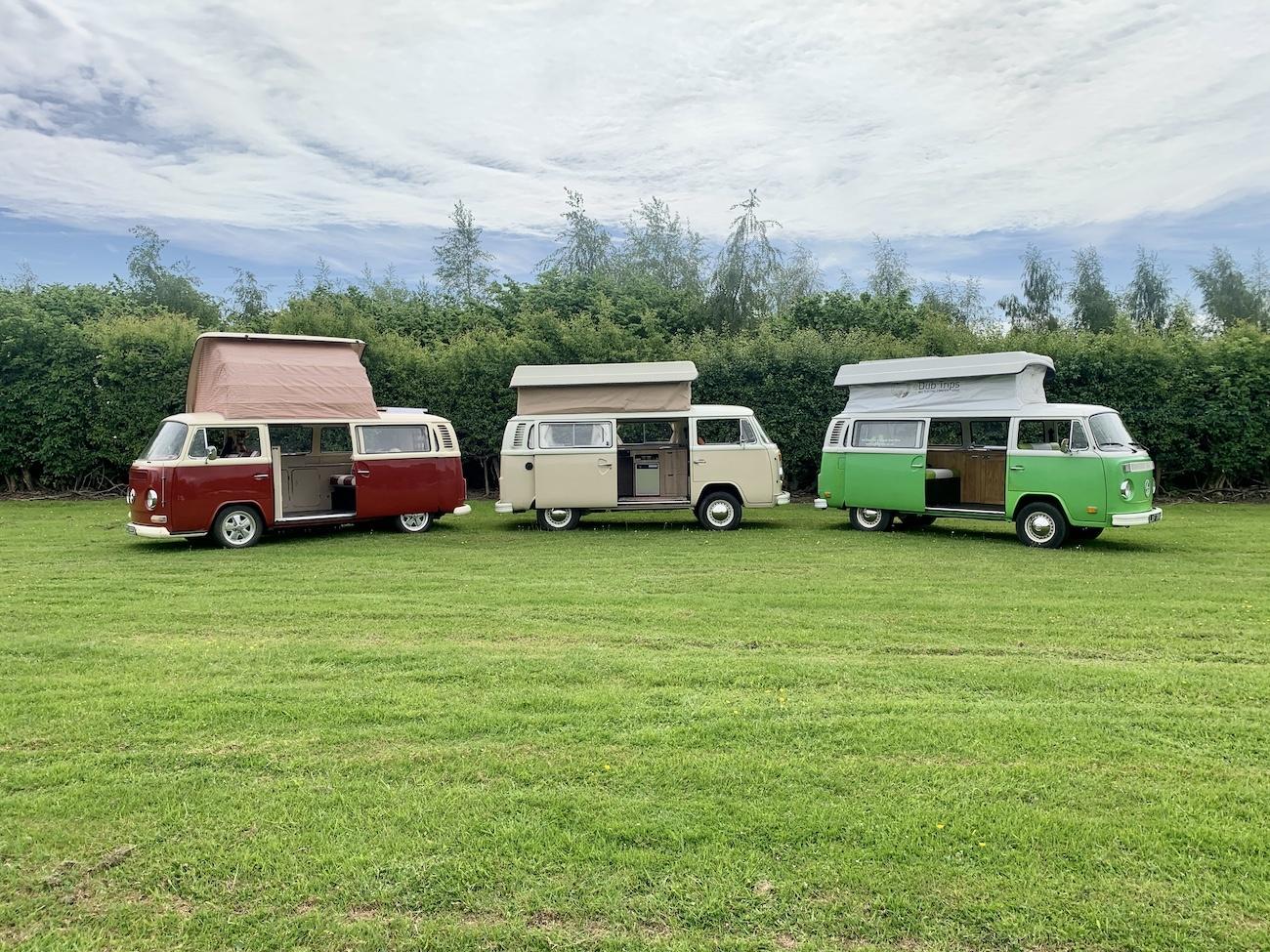
So there’s some things to consider when planning your electric conversion. If you have any other questions then get in touch with us through our contact us page where you can fill in a form and one of our team will be back in touch with you to talk through your project in a bit more detail. We will have loads more questions and answers on our FAQ page in our Learning Centre can call us on (01423) 421950. where again would be happy to discuss your project and come up with the best plan for your ideals.
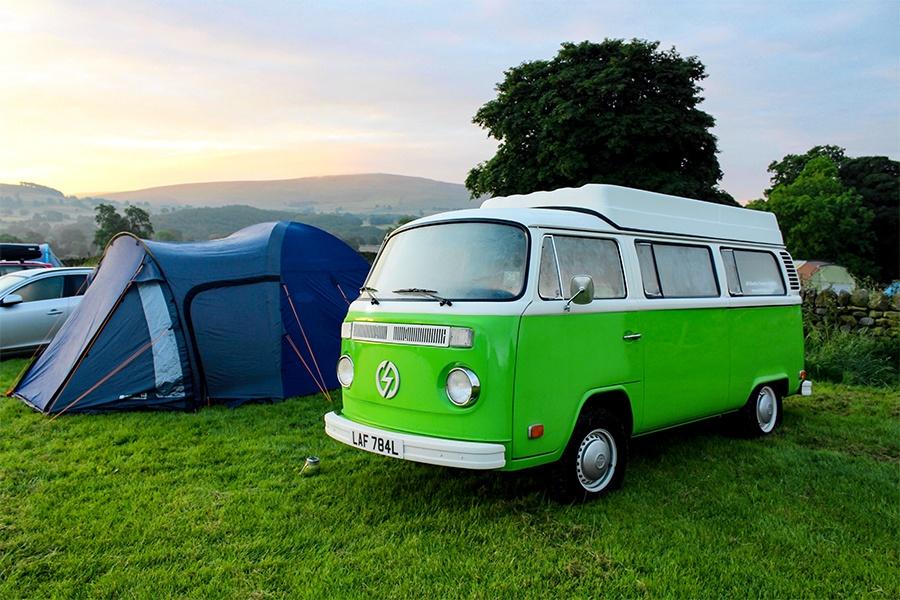
READY TO DRIVE YOUR PROJECT FORWARD?
Read more …How long does an Electric Conversion take?
- Hits: 2047

